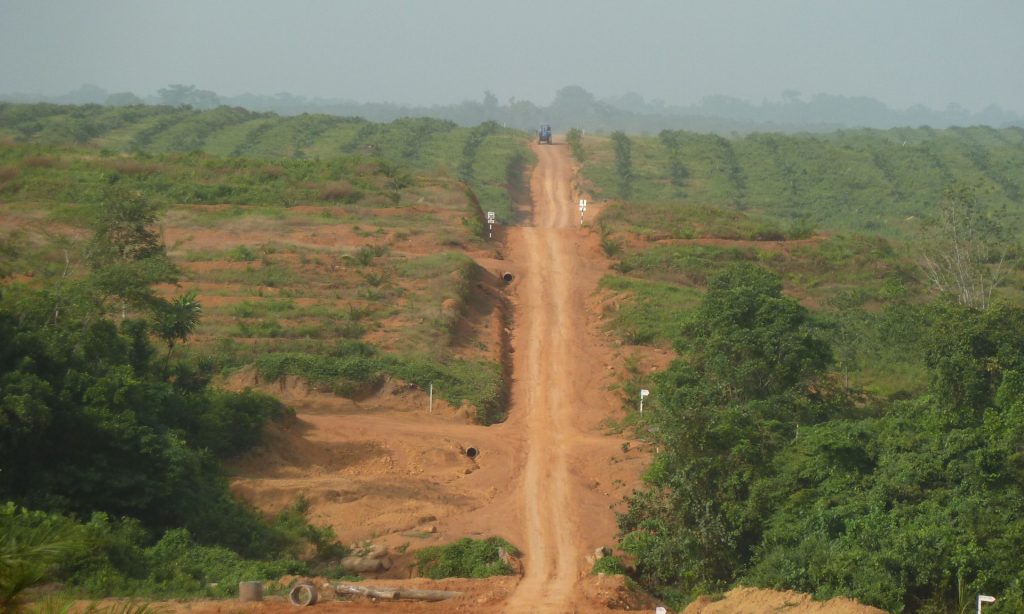
Photograph: Anne Chaon/AFP/Getty Images
Liberia could be plunged back into conflict if a historic land rights bill is not passed by August, civil society groups have warned.
The country’s legislature received a bill protecting community land rights in 2014 but has since been silent on the subject. There are concerns that the bill will not be passed under the current government, or that it will be watered down so much that it fails to protect Liberians living in rural areas.
Hundreds of thousands of people in Liberia died in civil wars that were caused in part by disputes over the ownership of land and natural resources. More than two-thirds of Liberia’s land is held under customary tenure.
Over the past few decades, according to the Sustainable Development Institute, land grabs have “turned citizens into refugees in their own country”.
“Failure to recognise the rights of millions of Liberians to their customary lands jeopardises peace and security, and could fuel a slide back into the conflicts that devastated our country for decades,” read the statement, which was signed by 18 civil society groups including youth, women’s and rural organisations.
“If the legislature does not pass the 2014 version of the Land Rights Act before its recess in August, it will likely be delayed until after the elections; a new government takes office in 2018, leaving the legislation in limbo indefinitely.”
What is important is not just that the act is passed, but that an effective version of it passes, the group said.
Three senior politicians, including the chairman of the ruling party, were recently arrested and charged with “economic crimes” after an investigation by the campaigning group Global Witness, which alleged that the British company Sable Mining paid bribes to change legislation so that it could get the rights to an iron ore deposit. The politicians deny any wrongdoing, as do Sable Mining.
The speaker of the house of representatives, Alex Tyler, “helped to get the Sable-friendly legislation through parliament”, Global Witness said. The same legislature, now mired in bribery allegations, has held on to the Lands Right Act, and there are concerns that the final version will contain loopholes that were not in the original version, which local communities and civil society helped to draft.
“Insecure land rights have driven conflict and war across the region,” said James Yarsiah, of the Rights and Rice Foundation. “Liberia is the first country to put forth a viable solution. In 2014, I was proud of the progress we had made. Now I am scared that this progress may be lost for good. It is up to our legislature to follow through on that solution, or force the country’s citizenry to face years of uncertainty and violence.”
The president, Ellen Johnson Sirleaf, has spoken of her support for the act. For decades, however, the government has granted logging, mining, and agriculture concessions over about 40% of the country, ignoring the communities living there.
“Land grabs in Liberia have effectively turned citizens into refugees in their own country,” said Ali Kaba, of the Sustainable Development Institute. “We cannot continue on in a state where people’s homes and farms can be sold out from under them without their knowledge or consent, and where those who resist face violence.”

